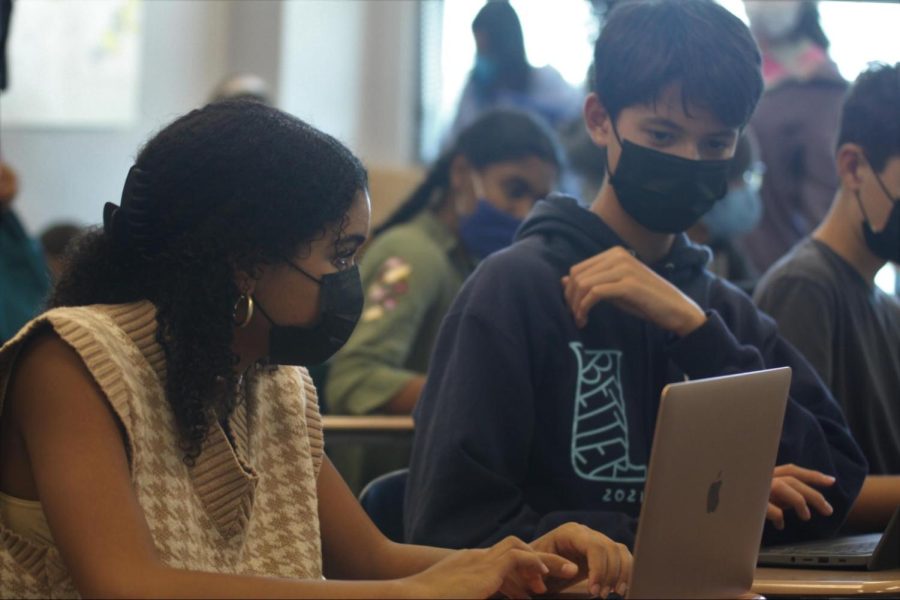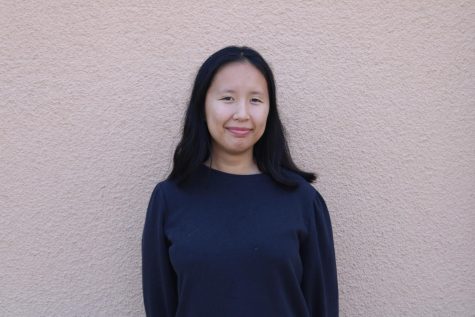CA Lawsuit on the Ethnic Studies Mandate for High School Graduation
Global Perspectives students discussing in class.
March 11, 2022
The Californians for Equal Rights Foundations (CFER) won a lawsuit against California education officials over the content of the recent statewide high school Ethnic Studies mandate. The suit, filed in September 2021 alongside three San Diego parents, expressed concern regarding several Mayan affirmations in the curriculum of religious prayers.
According to the Los Angeles Times, the state’s initial model of the ethnic studies curriculum contained a poem about the religious In Lak’Ech belief and the Aztec concept of Nahui Ollin. There is controversy between whether or not these affirmations constitute prayers.
The CFER reportedly spent several months creating initiatives against the idea of an ethnic studies course because of the heavy presence of religious topics in the content, calling attention to the Establishment Clause of the state constitution, which prohibits the state from supporting a religion. Concerned over the prospect of teachers’ personal positions interrupting the way they would present the religious content, the organization correspondingly questioned the variance and bias in students’ learning nationwide.
UHS students who share an interest in ethnic studies expressed dismay at the removal of the Lak’Ech and Aztec Concepts.
“The removal [of the chant and poem] is not necessary, as there can be ways to go around the religious aspect of the affirmations and focus on what they are for,” sophomore Amal Dini said. “Religion has been implemented throughout history and English courses, and thus this removal is unjust.”
Students also express the importance of learning other significant values through these affirmations, not just learning these affirmations in a religious context.
“Personally for myself I think though it has ties with religion . . . to me as a student, it seems more of an affirmation of self-love, self-protection, and self-affirmation,” junior Melanie Taba said. “I don’t necessarily think it is necessary to remove these affirmations because it is more of a spiritual aspect rather than a religious aspect.”
The settlement was finalized in January of 2022 when the state officials agreed to refrain from the use of these affirmations and stated that the proposed ethnic studies curriculum will not be used as a prayer or a religious act. In addition, the state education department will pay $100,000 for the plaintiff’s attorney fees, and the CFER will dismiss the lawsuit.















